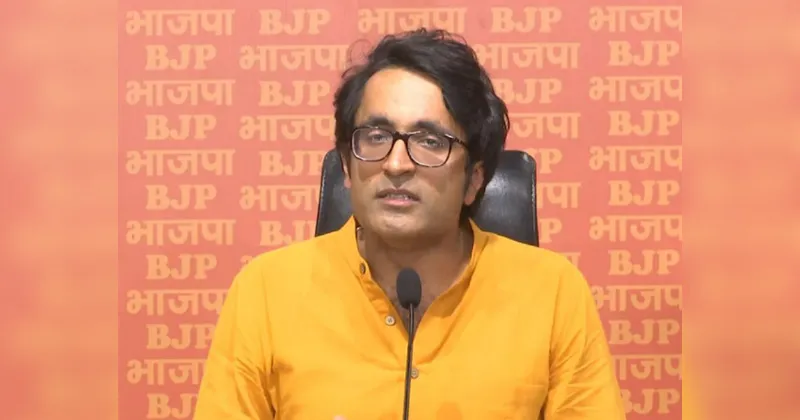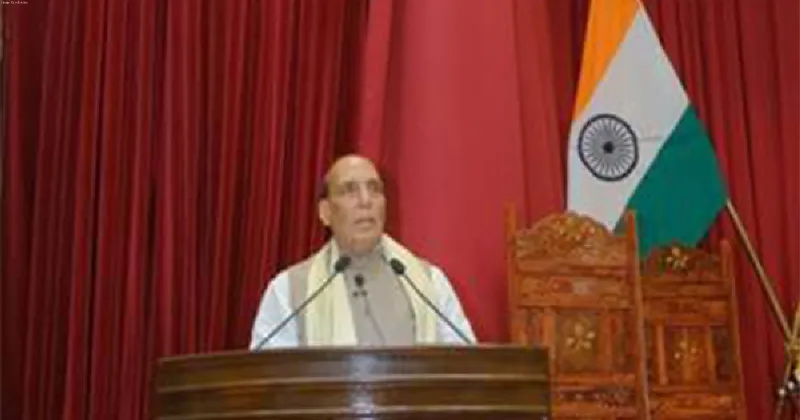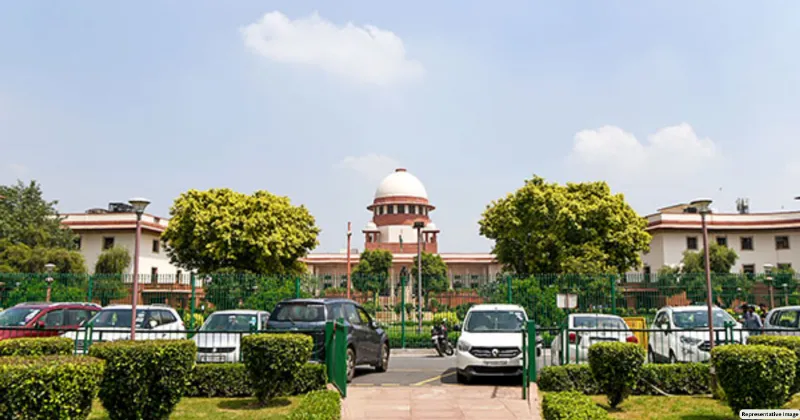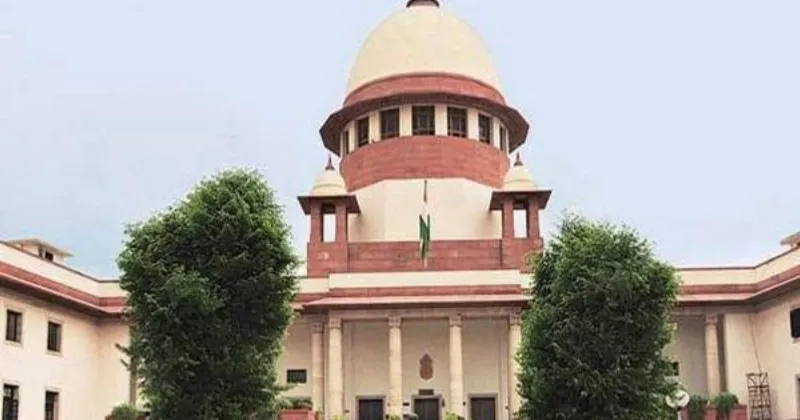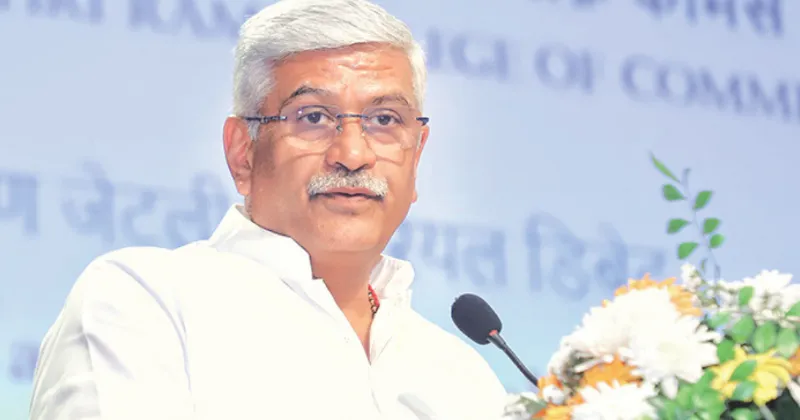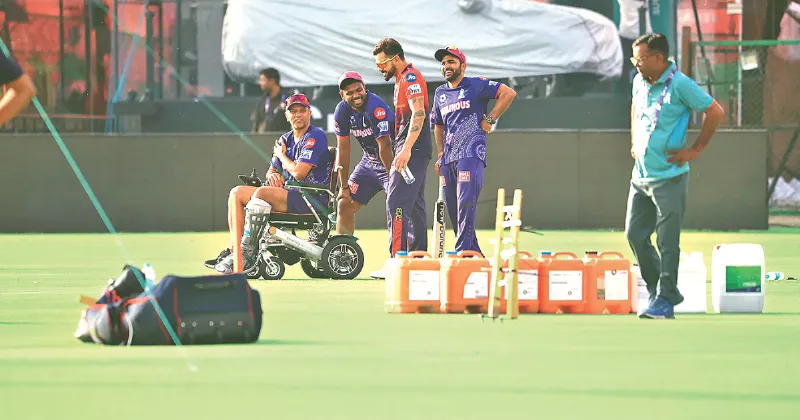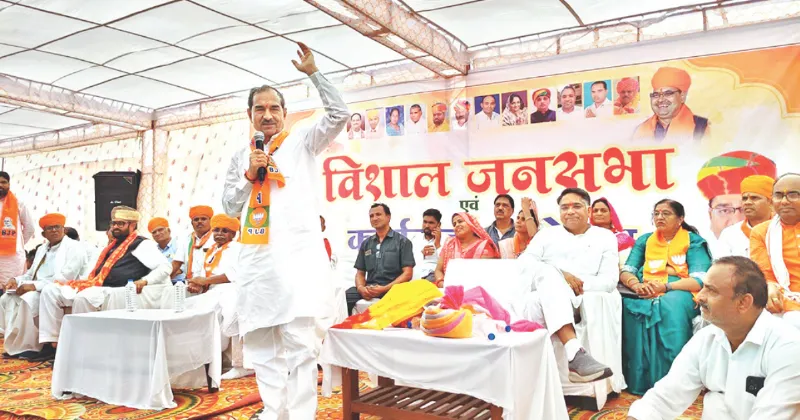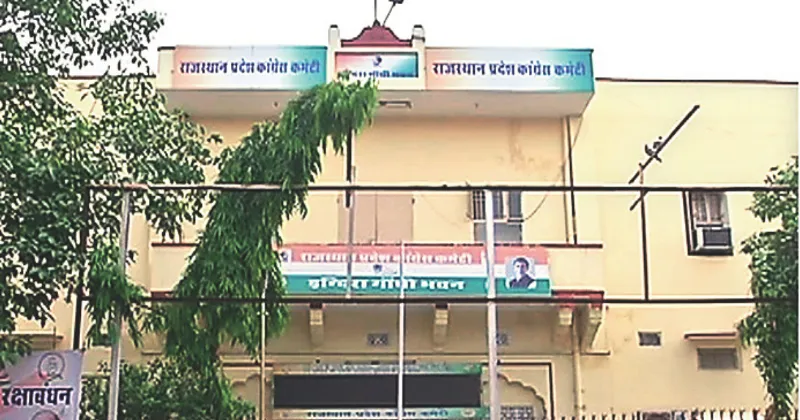New Delhi: A total of 22 cases of Covid-19 subvariant JN.1 have been reported in the country till December 21, official sources said on Friday.
Sources also stated that there has been no clustering of cases reported so far and all the cases of the JN.1 subvariant have mild symptoms.
Meanwhile, Kerala, the first state to report the JN.1 Covid variant reported 265 fresh Covid-19 infections and one death in the last 24 hours, according to data from the Ministry of Health and Family Welfare.
The total number of active cases of Covid-19 in the country was recorded at 2,997.
Earlier on Thursday, India recorded 594 fresh COVID-19 infections - taking the number of active cases from 2,311 the previous day to 2,669, according to Union Health Ministry data.
Meanwhile, amid rising concerns over the emergence of the new variant of the coronavirus, former World Health Organisation (WHO) chief scientist Dr Soumya Swaminathan asserted that there is no need to panic currently as it is a variant of interest and not of concern. However, she urged people to be cautious by taking proper precautionary measures.
Speaking to ANI exclusively, Dr Soumya Swaminathan, former DG, of the Indian Council of Medical Research (ICMR) said, "We need to be cautious, but we don't need to worry because we don't have any data to suggest that this variant JN.1 is more severe or it's going to cause more pneumonia, more death."
"I think what we need to do is try to take the normal preventive measures that we are all now familiar with. We were familiar with Omicron, so it's the same family. So not much has changed, but 1 or 2 new mutations have come up.
And that's why I think WHO has said let's keep a watch on it. It's a variant of interest. It's not a variant of concern," said the doctor.
She further advised precautions to avoid infection, "Avoid being in a very closed environment with very poor ventilation with toxic people without a mask. So do wear a mask if you're in that type of very close setting because prolonged exposure to somebody infected increases the risk of infection"
"Try to be in an open space rather than in most cases, have gatherings and now ventilated places today, entering into the season of gatherings," said Swaminathan.
"If you have some warning symptoms and signs like severe fatigue, prolonged fever or you're feeling breathless, visit the hospital," she said.
The World Health Organization (WHO) recently classified JN.1 as a variant of interest, distinct from its parent lineage BA.2.86. However, the global health body emphasised that the overall risk posed by JN.1 remains low based on current evidence. (ANI)


.jpg)



